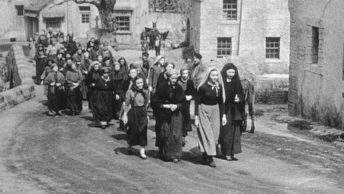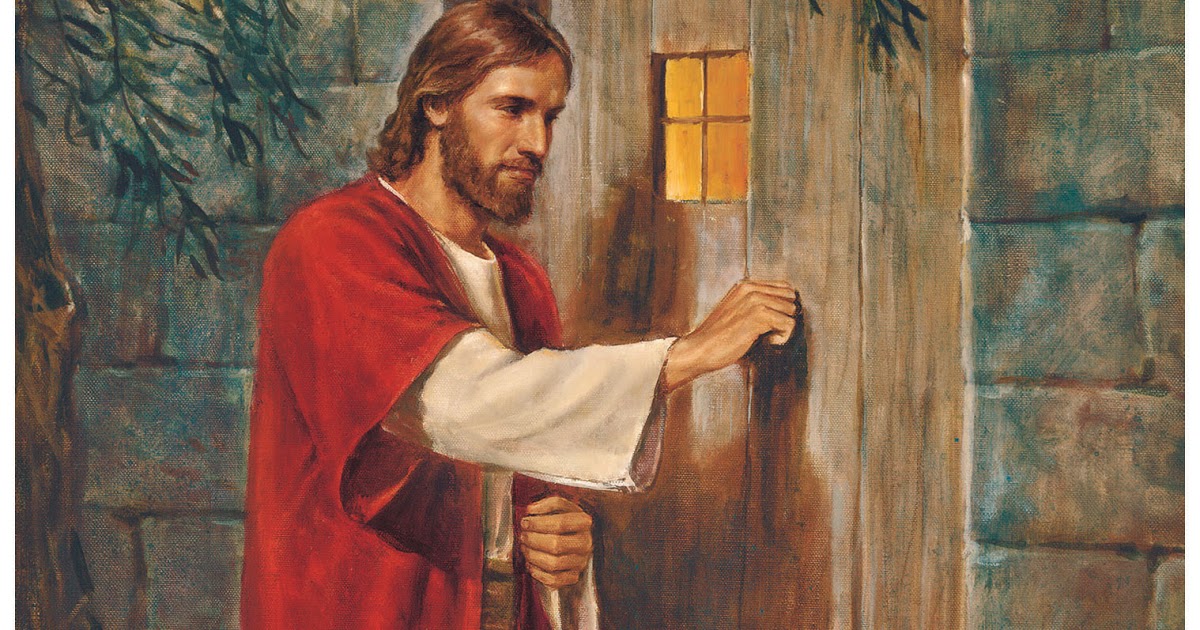Some months ago, I had the joy of publishing a new book on pastoral care entitled Nursing the soul. This book has been the fruit of years writing articles for the quarterly magazine Il-Musbieħ, which is published by the Malta Union of Midwives and Nurses (MUMN). I want to take this opportunity to thank them wholeheartedly for supporting this initiative.
The writing experience of this book has taught me a valuable lesson in personal and pastoral life: how precious is the journaling exercise! Once, I read an article by Thai Nguyen, which highly promotes journaling. According to Nguyen, journaling offers us ten surprising benefits.
- First, journaling stretches our IQ. Quoting a report by the University of Victoria, Nguyen asserts that “writing[,] as part of language learning[,] has a positive correlation with intelligence.” In writing this book, God gave me the grace of enriching my vocabulary to express my reflections.
- Second, journaling evokes mindfulness. When writing this book, I could feel that my past hospital experiences came to life again!
- Third, Nursing the soul has helped me share my simple ideas regarding pastoral care with the general public as well as to check myself where I am now as a pastoral carer.
- Fourth, writing this book made me more aware of how the role of a chaplain in a hospital is crucial for the patient, relatives and the staff as well. In writing these reflections I could intuit and understand better what the other people around me, in the clinical setting, are experiencing. Furthermore, it also assisted me to comprehend what other persons expect from me.
- Fifth, this written deeper reflection on my pastoral life with the sick persons boosted my memory to go and search for meaning that is hidden in the everyday experiences that are lived at the hospital where I am actually serving. A meaning which, like the letters I scribbled, is composed and re-composed all the time.
- Sixth, this writing experience aided me greatly to strengthen my self-discipline. Obviously, setting time apart to just write my own reflections is, in fact, an act of discipline in that regard.
- Seventh, the writing endeavour of Nursing the soul helped me to improve my communication skills. According to a Stanford report “writing has critical connections to speaking.” The more one writes the more one increases the possibility of speaking clearly.
- Eighth, writing Nursing the soul has been for me a healing experience simply because expressing my thoughts and feelings in writing is a powerful road to healing indeed. In his book Writing to heal, Dr. James Pennebaker writes: “When we translate an experience into language we essentially make the experience graspable.” Thus, writing has freed me from the stress that, as a chaplain at Mater Dei, I have to face when ministering to others.
- Ninth, Nursing the soul has been sparked by creativity. Needless to say, before writing every single article of the book, I prayed from my heart to the Holy Spirit to enlighten, guide, strengthen and make me ever docile to His inspirations. In a sense, it brought into my mind and heart what Pope Francis said in his address during the meeting on the Theme Theology After Veritatis Gaudium in the Context of the Mediterranean, delivered on Friday 21 June 2019:
“What, then, is the task of theology after Veritatis Gaudium in the context of the Mediterranean? To go straight to the point, what is its task? It must be in tune with the Spirit of the Risen Jesus, with his freedom to travel the world and reach the peripheries, even those of thought. Theologians have the task of encouraging ever anew the encounter of cultures with the sources of Revelation and Tradition. The ancient edifices of thought, the great theological syntheses of the past are mines of theological wisdom, but they cannot be applied mechanically to current questions. One should treasure them to look for new paths. Thanks be to God, the first sources of theology, that is, the Word of God and the Holy Spirit, are inexhaustible and always fruitful; therefore one can and must work towards a ‘theological Pentecost’, which allows the women and men of our time to hear ‘in their own native language’ a Christian message that responds to their search for meaning and for a full life.”
Yes and thanks be to God, Nursing the soul was for me an experience of a theological Pentecost that allowed me to delve deeper into the life stories of various men and women in order to behold and taste and see that the Lord is good! Happy is the man who takes refuge in him! (Ps 34:8).
Tenth and lastly, the writing of Nursing the soul has opened for me God’s grace of reliving my pastoral experiences and gave me the courage to set sail into the stream of consciousness and learning. Nursing the soul has reaffirmed my God-given abilities of journeying in life experiences. And, certainly, this Odyssey has made me more aware of how much I am to rely on that inner spark of light that God, in his merciful love, always gives to each and everyone of us. It is that inner light which is the hub of real self-confidence that will spur each one of us to go out of himself and herself to serve those who are suffering.
In his first great encyclical on Christian love, Deus Caritas Est, Pope Benedict XVI explained it so well when he wrote: “Love is indeed ‘ecstasy’, not in the sense of a moment of intoxication, but rather as a journey, an ongoing exodus out of the closed inward-looking self towards its liberation through self-giving, and thus towards authentic self-discovery and indeed the discovery of God: ‘Whoever seeks to gain his life will lose it, but whoever loses his life will preserve it’ (Lk 17:33), as Jesus says throughout the Gospels (cf. Mt 10:39; 16:25; Mk 8:35; Lk 9:24; Jn 12:25)” (no.6).
As one might fathom, these ten surprising benefits of journaling will accompany the reader to discover what Nursing the soul in a clinical setting is like. Obviously, the book will never give an exhaustive answer of how a soul of a person who is distressed is to be nursed. Yet, in all its simplicity, it tries to offer some clues regarding nursing a soul in Christ’s light.
As a priest, this book Nursing the soul taught me a great deal about the art of accompaniment. When speaking to the bishops of Brazil during his visit in Rio de Janeiro for World Youth Day of 2013, Pope Francis said:
“[W]e need a church capable of walking at people’s side, of doing more than simply listening to them; a church that accompanies them on their journey; a church able to make sense of the ‘night’ contained in the flight of so many of our brothers and sisters from Jerusalem; a church that realizes that the reasons why people leave also contain reasons why they can eventually return. But we need to know how to interpret, with courage, the larger picture. Jesus warmed the hearts of the disciples of Emmaus.”
It is my fervent prayer that Nursing the soul will encourage those who read it to walk alongside people who are suffering in order to help them make sense of what they are going through and, in so doing, motivate them to never let go of God’s hand whatever the situation is or will be.








